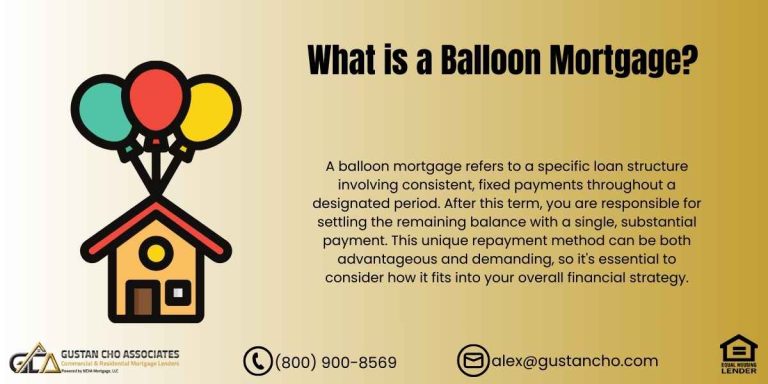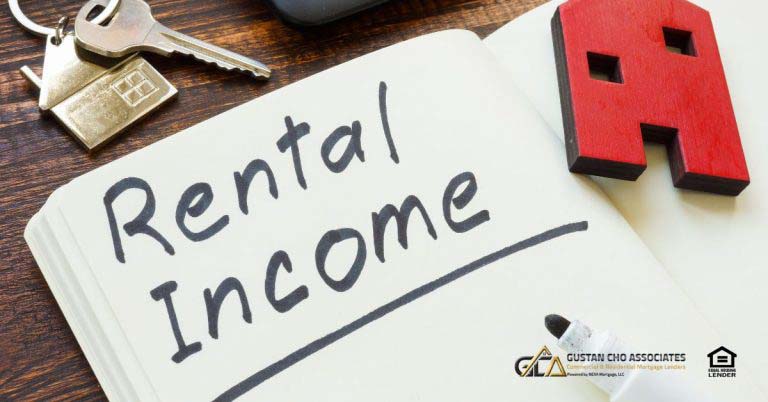This article covers mortgage escrows guidelines on purchase and refinance home loans. Homeowners are not just responsible for their principal and interest payments on their loan balance but are also responsible for their property taxes and homeowners insurance. Lenders prefer their borrowers all have escrow account. By having a mortgage escrow account, the lender will make sure property taxes and homeowners insurance get paid timely on the dates they are due
All government-backed mortgages require borrowers to have escrow accounts for the term of the home loan. Escrow accounts is still required no matter how much equity the homeowner has.
Conventional loans give the option for borrowers with more than 20% equity whether or not they want to have an escrow account. Many homeowners with loan to value lower than 80% LTV still opt to have an escrow account. This holds true even though conventional loans do not require homeowners with more than 20% equity to have escrows.
What Is Mortgage Escrows By Lenders
Mortgage escrow accounts are special accounts held by the mortgage lender on behalf of the borrower to ensure that certain expenses related to homeownership are paid on time. The purpose of an escrow account is to set aside funds to cover property taxes, homeowners insurance, and sometimes other items like homeowners association (HOA) fees.
It’s important to note that not all mortgages require an escrow account. Some borrowers prefer to handle property taxes and insurance directly.
The lender holds these funds in the escrow account until the bills for property taxes and homeowners insurance come due. When these bills are issued, the lender uses the funds in the escrow account to pay them on your behalf. Many lenders mandate escrow accounts as a way to protect their interests and ensure that these essential expenses are paid on time. In the following paragraphs we will cover how mortgage escrows work.
Speak With Us About Mortgage Escrows For Your Loans, Click Here
How Does Mortgage Escrows Work
In this section, we will cover how mortgage escrows typically work. When you obtain a mortgage loan, your lender may require you to establish an escrow account. This is usually done at the closing of the mortgage. In addition to your monthly mortgage principal and interest payments, the lender collects a portion of your annual property taxes and homeowners insurance premium. This amount is divided into 12 and added to your monthly mortgage payment.
Annual Analysis of Mortgage Escrows
Once a year, the lender conducts an escrow analysis to ensure that the amount collected is sufficient to cover upcoming expenses. If there’s a shortage, your monthly payment may increase to make up the difference. If there’s an overage, you may receive a refund or have your monthly payment reduced.
Changes in Taxes and Insurance Premiums
If property taxes or homeowners insurance premiums increase, your monthly escrow payment may go up accordingly. Conversely, if they decrease, your payment may decrease. In some cases, the funds held in the escrow account may earn interest. Regulations vary, and not all lenders pay interest on escrow funds. Lenders often require a “cushion” or reserve amount in the escrow account to ensure that there are sufficient funds to cover any unexpected increases in taxes or insurance. This is usually the equivalent of two or more months’ worth of escrow payments.
Breakdown Of Monthly Housing Payments
Every year, property taxes and homeowners insurance is due. Also, many homeowners belong to a homeowners association. Homeowners associations charge an annual homeowners association fee. HOAs do have the power to lien your property and go after homeowners who do not pay their homeowners’ association fees. Homeowners associations have the right to foreclose on a property if the homeowner does not pay their HOA dues.
Your principal and interest payments are due on the first of the month and no later than the fifteenth of the month to the lender without a late fee. The 15 days is given as a grace period by most mortgage lenders.
As long as the mortgage servicer gets the home mortgage payment before the end of the money, the mortgage payment is reported as timely payments on the borrower’s credit report. Only mortgage payments that are 30 days late are reported as late payments on the credit bureaus. Any homeowner who pays their mortgage payment past the 15th day of the month is normally assessed a late payment charge. Real estate property taxes are collected and due to the county where your property is located.. The homeowners’ insurance is due to your homeowner’s insurance company.
Speak With Our Loan Officer for Getting Mortgage Loans
Monthly Housing Payment: Principal, Interest, Taxes, Insurance
One of the main factors a mortgage underwriter will take into consideration when qualifying a borrower for a home loan is what the homeowner’s principal, interest, taxes, and insurance will be. Principal, Interest, Taxes, and Insurance is known as PITI. It is extremely important because it is used to determine whether the borrower has the ability to make timely monthly housing payments on the income they make.
How Is PITI Calculated
A mortgage loan borrower’s principal, interest, taxes, and insurance are calculated as follows: The borrower’s monthly principal payment. The borrower’s monthly interest payments. It is calculated from the interest rate on the term of the mortgage loan. The borrower’s annual property tax assessment divided by 12 months. The borrower’s annual homeowners insurance bill divided by 12 months. Adding the above four items will yield the monthly principal, interest, taxes, and insurance or PITI.
Mortgage Escrows
Borrowers with escrow accounts do not have to worry about paying property taxes and/or homeowners insurance by themselves. The lender collects your property taxes and homeowners insurance along with your monthly mortgage payments. The property tax and homeowners insurance portion of the monthly payments you send in is put in the separate escrow account:
The lender pays the property taxes to the county homeowners insurance to the homeowner insurance provider when it is due. Lenders prefer to have borrowers have mortgage escrows. This is because they want to protect their interests.
If a homeowner is behind on their property taxes, the government can place liens on the subject property. In the event if the home is destroyed due to a fire and the property is not insured, there is no coverage and the lender loses its collateral. By having mortgage escrows, the lender will make sure that the property taxes and the homeowners’ insurance is paid and paid timely.
Speak With Our Loan Officer for Getting Mortgage Loans
Homeowners Insurance
Mortgage lenders require home buyers to pay one year’s homeowners’ insurance upfront at closing and it is part of the home buyer’s closing costs. Lenders will also collect two months of homeowners insurance payments and six months of property tax payments upfront and set up the home buyers mortgage escrows. Borrowers who have mortgage escrows are offered a discount on closing costs. Borrowers waiving escrows will normally be charged a 0.25% (charges may vary depending on mortgage lenders) for not having mortgage escrows.
How Can A Home Buyer Waive Mortgage Escrows?
If you are an FHA, VA, or USDA borrower, you cannot waive mortgage escrows. Government loans all require escrows. This holds true no matter how much equity you have in your home. However, if you are a conventional borrower, you can waive mortgage escrows if you have at least 20% down payment and your loan to value is at least 80% LTV. For more information on the contents of this article and/or other mortgage-related topics, please contact us at Gustan Cho Associates at 800-900-8569 or text us for a faster response. Or email us at gcho@gustancho.com. The Team at Gustan Cho Associates Mortgage Group is available 7 days a week, evenings, weekends, and holidays.










